When will the chip shortage for high-tech products end? At the Mobile World Congress in Barcelona, the Mobile World Congress (MWC), manufacturers and specialists asked for patience while the war in Ukraine raised fears of new difficulties for an already under pressure market.
Logistics problems, depletion of stocks, saturation of factories … “The situation is still very complex for the sector, patience is needed,” warns Ariane Bocay, a specialist in the semiconductor market in Deloitte.
Chip shortages, caused by booming global demand for electronic products and disruptions by the health crisis in supply chains, have shaken the entire global economy for a year.
The situation has completely affected the automotive industry and the computer sector, which are highly dependent on these electronic components, but also the smartphone market, although the latter is holding up better than other sectors.
According to an IDC cabinet analysis, mobile phone sales fell 3.2% in the fourth quarter, to 363.1 million units. In China, for their part, they are down 11% in the same period, according to Counterpoint research.
This did not prevent smartphone giants such as Apple and Samsung from posting record profits in 2021. However, the shortage led to a long delay in product launches, which dampened the outlook for the sector.
neon and palladium
What will be the impact of the war in Ukraine on the already troubled market? For Marina Koicheva, an analyst at CCS, it is “unlikely” that the smartphone sector “will not be affected by the impact of the crisis in Ukraine, given the economic and geographical importance of Russia and Ukraine.”
Russia is a major supplier of palladium, a rare and ubiquitous metal in electronics. Ukraine, for its part, has large reserves of neon, a base gas for lasers used to manufacture semiconductors.
“Ukraine currently supplies 70% of global demand for neon,” Taiwanese think tank TrendForce recalls. He estimates that “if the supply of these materials is cut off, there will be an impact on the industry,” which will translate into “a rise in production costs.”
Besides the chip manufacturers, very present at the Barcelona Mobile World Congress (MWC), they are sending reassuring messages. “We don’t expect any impact on our supply chain,” said US manufacturer Intel, which claimed to have “diverse” sources.
“We only use a small amount of neon,” explains a spokesperson for the Dutch supplier ASML, who also says they are looking for alternative sources of supply.
A message similar to that conveyed by the Semiconductor Industry Association (SIA).
“The semiconductor industry has a diverse range of suppliers of key materials and gases, so we don’t believe there are any immediate risks of supply disruptions,” he said in a statement.
‘hard times’
Whatever the impact of the Ukrainian crisis, it is unlikely that there will be a quick return to normal life. “The needs for semiconductors are now very high. Ariane Bucaille insists that the market remains unbalanced.
According to the US bank JPMorgan, the shortage of semiconductors will continue throughout 2022, while for Deloitte, the situation will not improve until 2024, despite efforts to increase production capacities.
In recent months, sector giants have announced billions in investments in new factories, such as Taiwan’s TSMC or Korea’s Samsung Electronics, which will pump 15,000 million euros into a production chain in Texas.
But these measures, aimed at diversifying the production of chips, “will not bear fruit for two or three years”, because they are “complicated technologies”, which involve creating a “highly qualified workforce”, as Ariane Bucay asserts.
It seems that the manufacturers themselves are involved. “These are tough times, with ‘unprecedented demand,'” Intel CEO Pat Gelsinger admitted at a recent conference, which he said should continue “until 2023 and possibly beyond.”

“Beeraholic. Friend of animals everywhere. Evil web scholar. Zombie maven.”


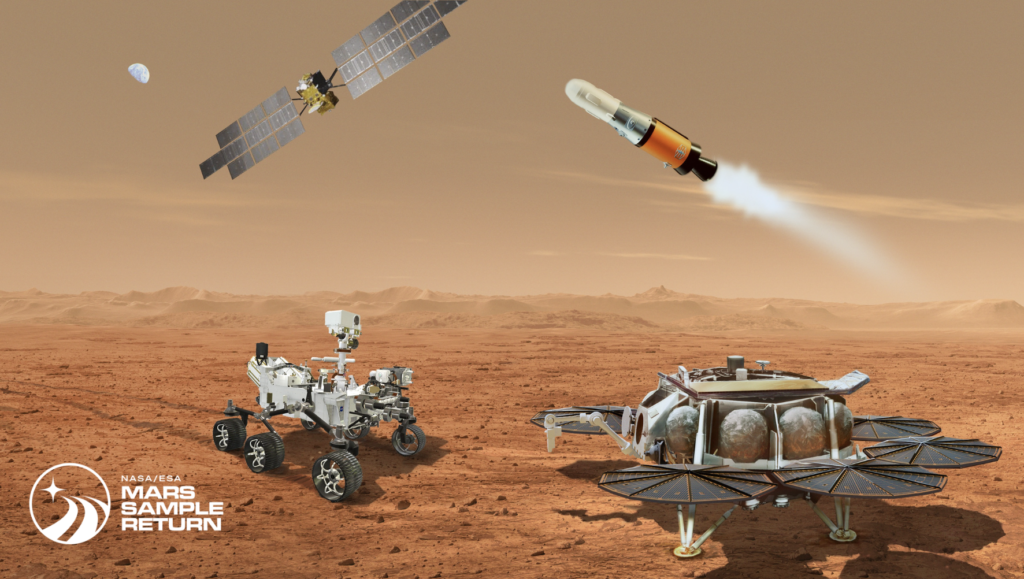
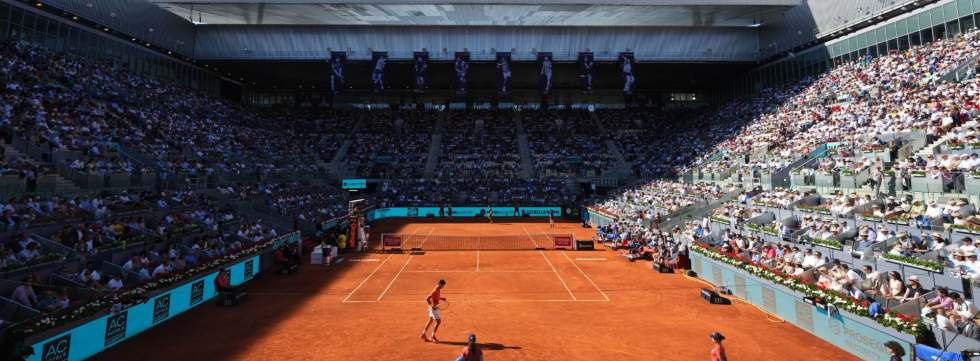
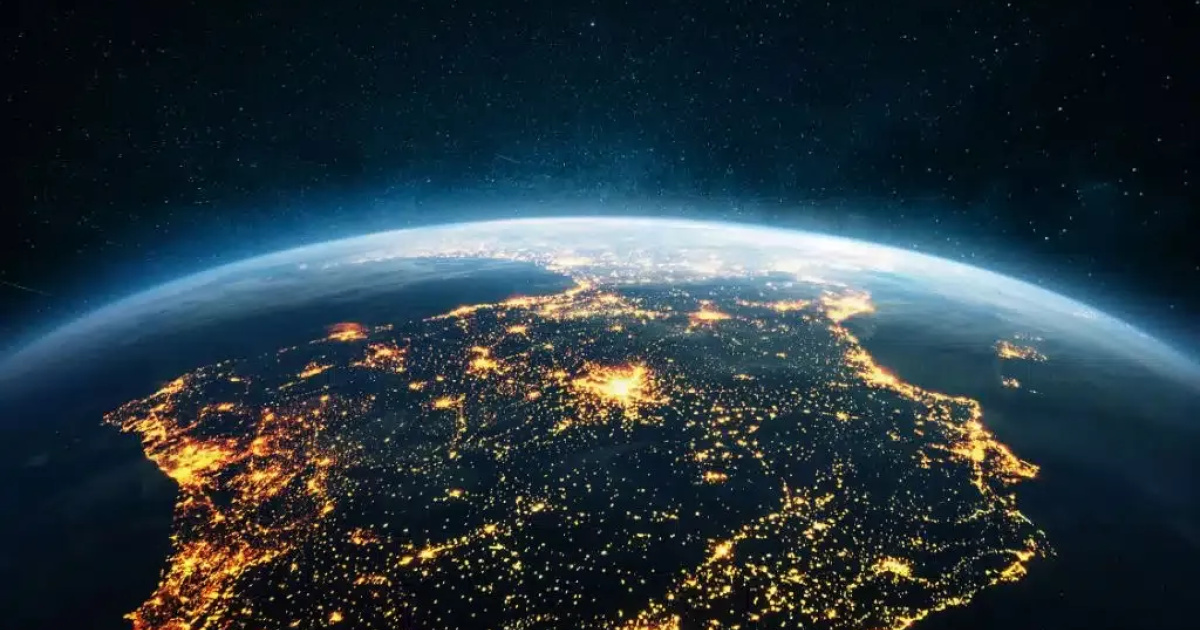
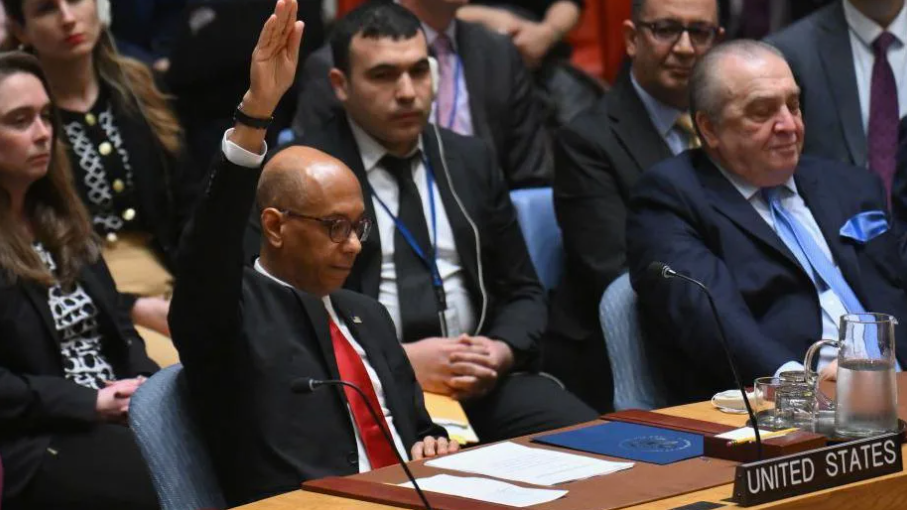
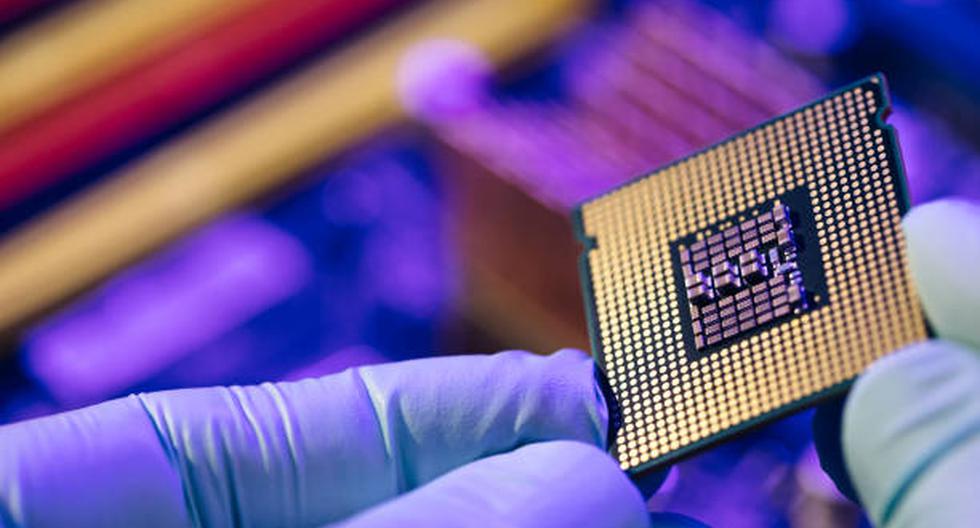
More Stories
Puig remains in the M&A market after investing €2.5 billion since 2011
Accessing services using AI is becoming increasingly expensive, what about translation devices
How does Elon Musk plan to recover his huge salary settlement?